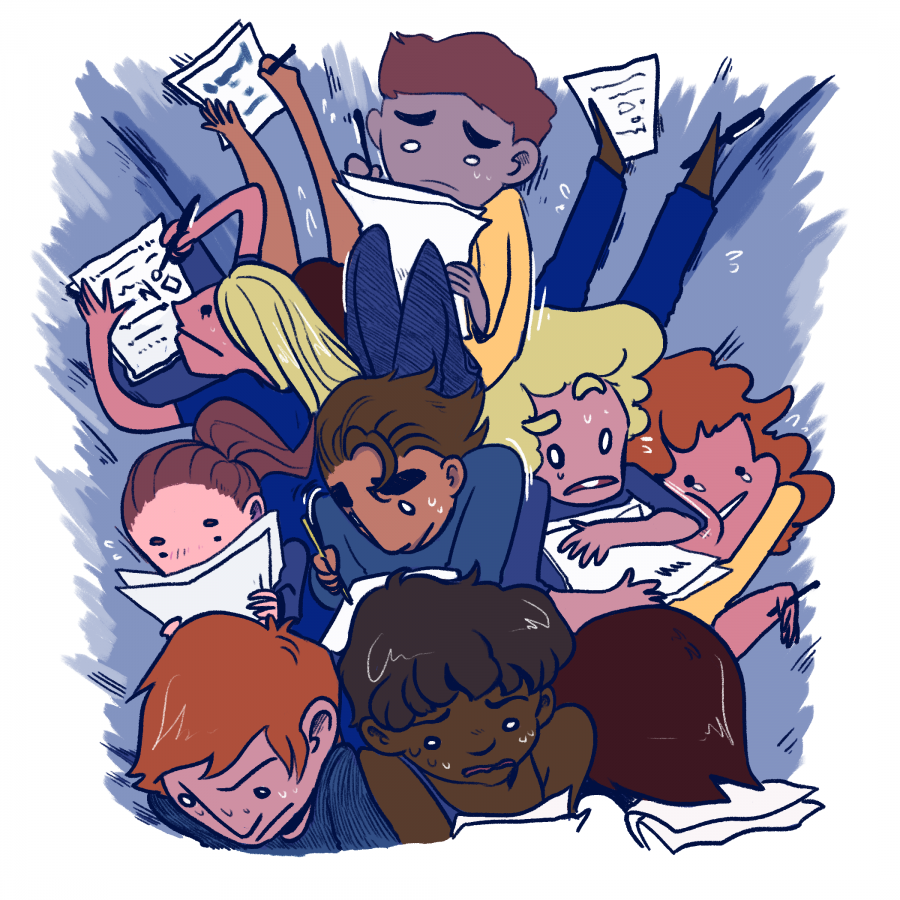Last year, when I was sitting in my archaeology class at UT-Arlington, we watched several videos, some captioned, most not. It was hard for me as a deaf student to follow along, to keep up with the audio and take notes. A year later, I transferred to UT-Austin, sat in my English class and watched a video that was captioned for me.
Compared to other schools, UT-Austin’s disability accommodation services go above and beyond. Students registered at Services for Students with Disabilities may get accommodations like priority registration, captioned videos, test-taking services and more. However, other Texas schools, even those in the UT System, may not provide these same accommodations to their disabled students. Texas public colleges and universities have a responsibility to follow the law and provide as many accommodations as they can for their students.
At my old university, UT-Arlington, I did not have priority registration. I had a captioned video accommodation, but if videos didn’t already come captioned, I just had to deal with it and struggle to understand. Here at UT-Austin, the libraries have a captioning and transcription service, something many schools don’t have. Having these additional accommodations can go a long way for students — and it’s required by Section 504 of the Rehabilitation Act of 1973, a federal law.
I’ve heard many horror stories of disability services from other schools, such as professors playing bad YouTube auto-captioning and tests not being delivered to reduced-distraction rooms. It’s shocking to know that others in my community are having to struggle to keep up with their classmates, while I have many accommodations here that help me succeed in class and do well.
Caroline Graves, government sophomore at UT, said she takes “tests in the SSD office using extended time, intermittent breaks, et cetera and (she has) never had a bad experience there. Things like priority registration and having a wheelchair-accessible dorm room help too.” But Graves also has horror stories from other colleges to tell.
Having taken classes at Austin Community College’s Rio Grande campus, she experienced a variety of challenges with disability services there. Some of these obstacles included small and packed test-taking rooms, disorganization and a complete shutdown of the office two weeks before classes ended.
As SSD assistant director Emily Shryock said, “all colleges and universities are required to provide equal access via academic adjustments and auxiliary aids.” So why don’t all Texas schools provide the same great accommodations for their students?
Other schools follow the letter of the law, but only to the bare minimum in some cases. These schools may not have as many disabled students or the funding to provide as many accommodations that go above and beyond federal law like UT-Austin does. But that’s no excuse for schools in the UT System to not provide great services.
No one should have to go through what Graves went through at ACC, or what countless others went through at their schools. Our community deserves the same opportunity to succeed as those without a disability.
Rose is an English sophomore from The Woodlands, TX.





















